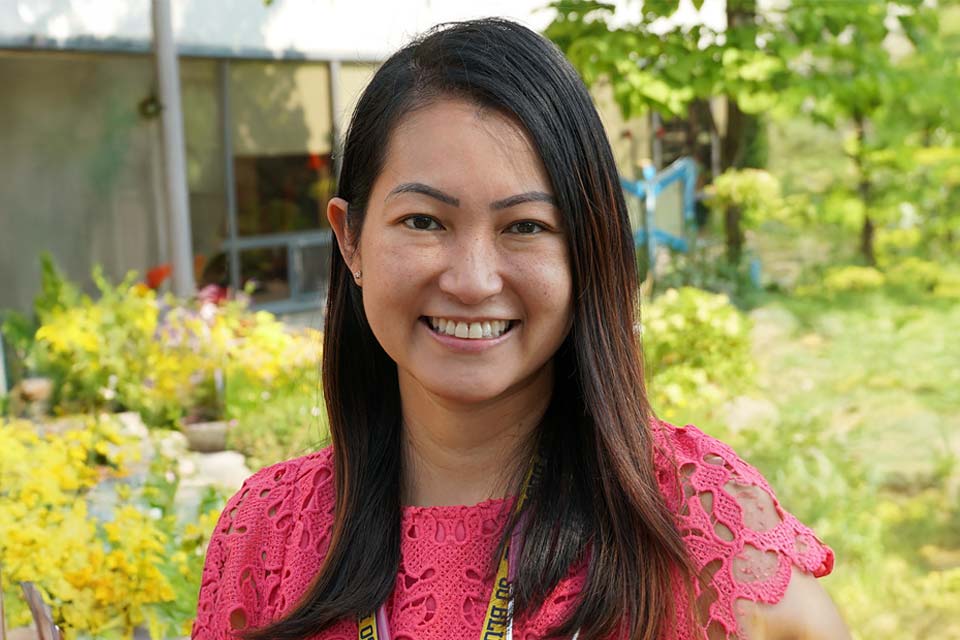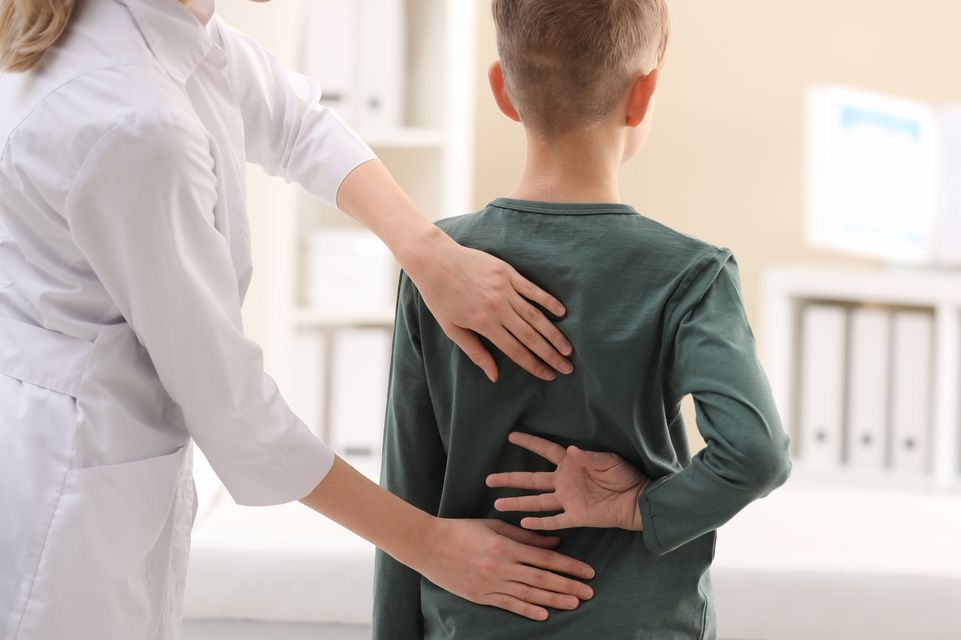Shriners Children’s Care Inspires Milka to Pursue Sports and a Future Career in Medicine
Even though Milka has faced physical challenges her whole life, she has proven to be a fighter in every sense of the word.
Born with fibular hemimelia, a rare congenital orthopedic condition that ultimately caused the loss of her left leg, Milka's life has been a testament to resilience and determination. Now 18 and about to graduate from high school, this young woman from Panama stands ready for the next chapter in her life.
From the moment she was born, Milka's journey was set apart from many others. Fibular hemimelia led to her being born without a fibula in her lower left leg, and only four fingers on each hand. Her left leg was amputated when she was 3, and she has always had limited mobility in some of her fingers.
Milka has been a patient of Shriners Children’s since she was a very young child, starting her initial treatment in Shreveport and eventually moving her care to the Texas hospital this past year. Her experience with Shriners Children’s has profoundly influenced her career aspirations, and she plans on studying medicine in college.
The staff here find ways to motivate the patients. There’s a lot of children that feel like they’re not going to be able to do what other kids do, but then Shriners finds a way.
“Since I was little, I have always been passionate about medicine,” Milka said. “For as long as I can remember, my goal has always been to become a great doctor.”
While receiving care at Shriners Children’s Texas, she worked with the hospital’s school teacher, Flor, who recognized the potential Milka has in fulfilling her future aspirations in medicine.
“Milka is compassionate, driven and so positive,” Flor said. “She hopes to study medicine in the states after she graduates from high school in December. And, given how much I’ve worked with her, she’s well on her way to realizing her dreams.”
Milka also has a passion for athletics. She is active in both boxing and volleyball, sports that demand physical strength, agility and coordination. To assist her with participating in these activities, the rehabilitation team at Shriners Children’s Texas has incorporated both sports in Milka’s physical therapy program, allowing her to increase her mobility and grow accustomed to using her updated prosthetic devices. She currently uses two different prosthetic legs from the hospital’s Pediatric Orthotic and Prosthetic Services department; one for daily walking use and one for her sports activities.
As she looks forward to the future, Milka is thankful for the treatment she received at Shriners Children’s in the past, because it has allowed her do the activities she wanted to do.
“The staff here find ways to motivate the patients,” Milka said. “There’s a lot of children that feel like they’re not going to be able to do what other kids do, but then Shriners finds a way.”










